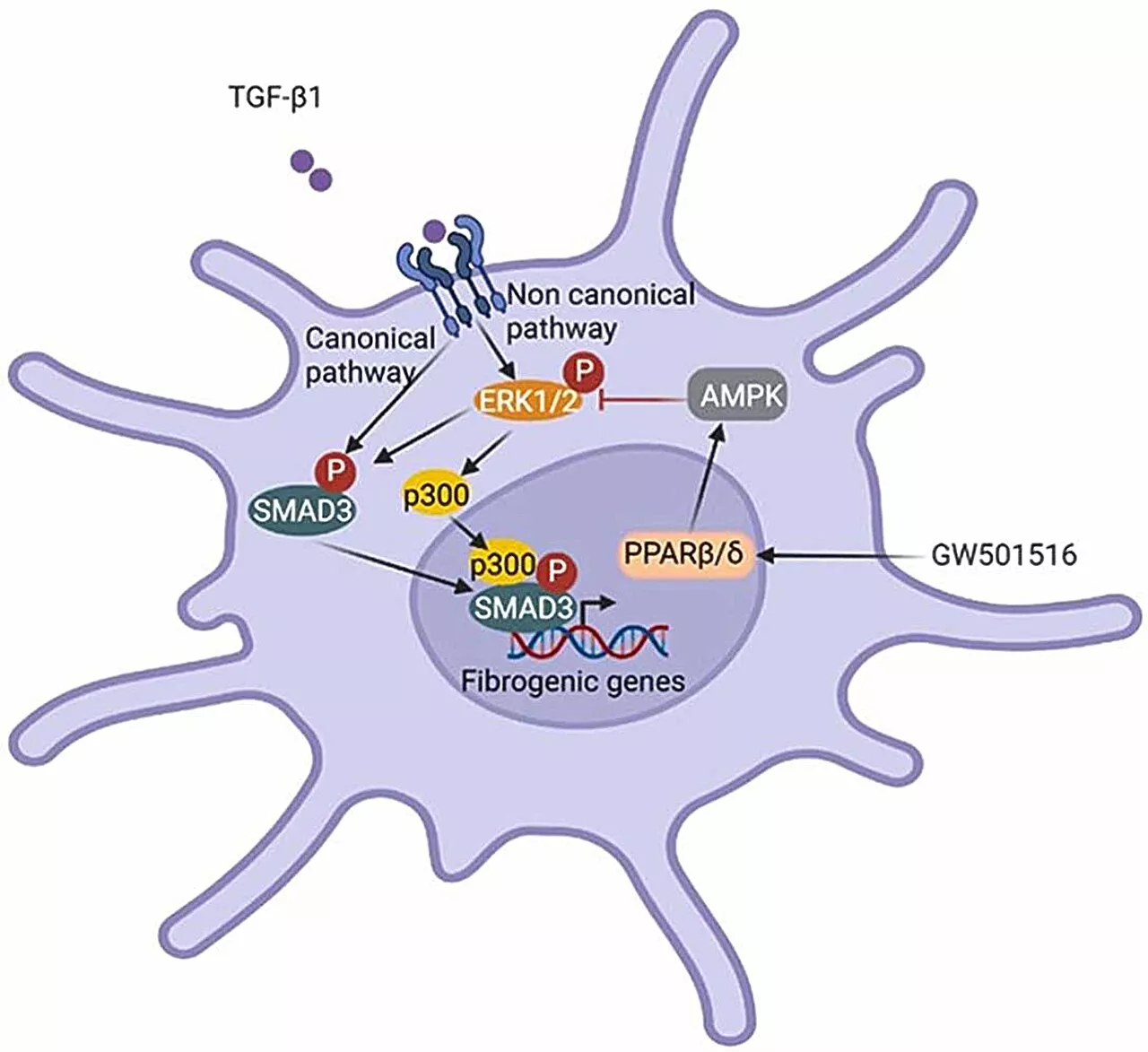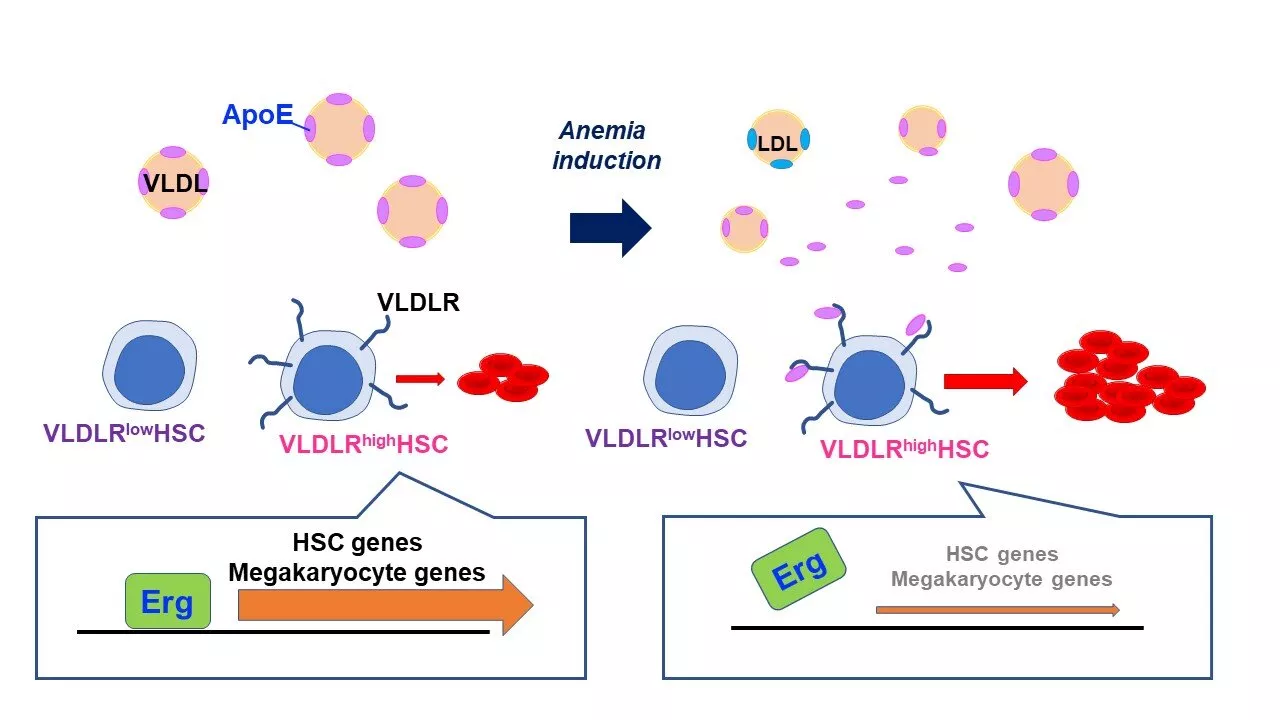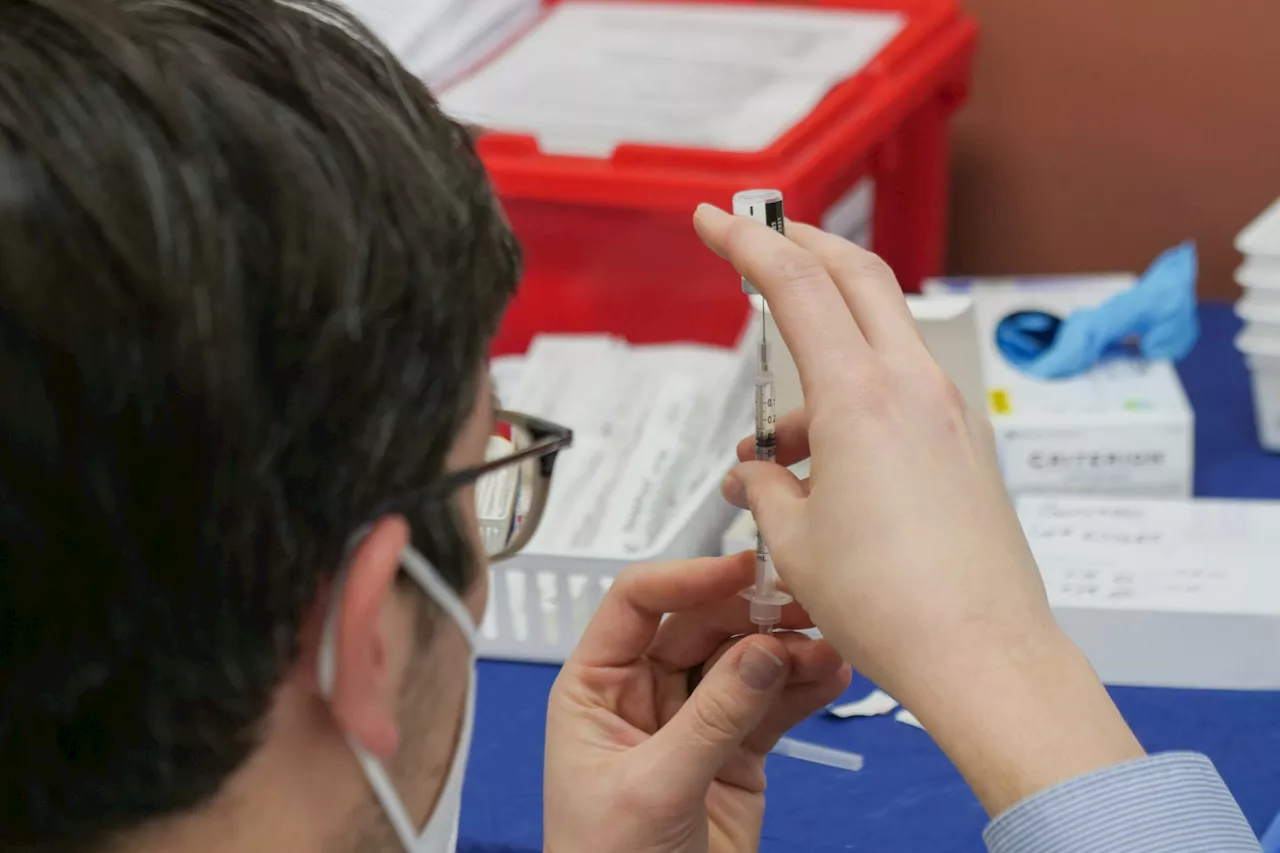Researchers found that autism starts much earlier than childhood in a new study. Those diagnosed with autism may have actually developed the disorder while they were still in the womb.
READ MORE:Scientists have grappled with the puzzle of autism's origins for decades - now a study suggests a bad cold or flu during pregnancy could be a cause.
Researchers have found that autism could develop while a fetus is in the womb. When a pregnant woman gets a severe cold or flu, her immune response could cause a neurological reaction in the baby's brain Irene Sanchez Martin, a postdoctoral student at CSHL, said that her recent experiments with mice showed that when the mother contracted a virus, the embryo's brain development slowed.
Her work did not look at other factors that cause mothers' immune systems to go into overdrive, such as in response to a vaccine, being obese or having underlying conditions. Prenatal inflammation is thought to impact how the growing baby's brain organizes the neural networks which connect cells and synapses.
Additional research is still needed to unravel the connection between the immune system's reaction to a virus and how it impacts the fetus. However, she is hopeful that future findings could help doctors recognize the early warning signs of autism before a child is born.
United Kingdom Latest News, United Kingdom Headlines
Similar News:You can also read news stories similar to this one that we have collected from other news sources.
 Researchers identify potential new strategy to slow the development of liver fibrosisA study led by Manuel Vázquez Carrera, group leader at the Diabetes and Associated Metabolic Diseases Networking Biomedical Research Center (CIBERDEM) at the University of Barcelona, reveals advances in the understanding and treatment of liver fibrosis, a serious complication in the context of metabolic fatty liver disease, also known as MASLD...
Researchers identify potential new strategy to slow the development of liver fibrosisA study led by Manuel Vázquez Carrera, group leader at the Diabetes and Associated Metabolic Diseases Networking Biomedical Research Center (CIBERDEM) at the University of Barcelona, reveals advances in the understanding and treatment of liver fibrosis, a serious complication in the context of metabolic fatty liver disease, also known as MASLD...
Read more »
 Researchers discover potential target to treat severe anemia in patients unresponsive to standard treatmentsRed blood cells are the most abundant cells in the body. It has long been known that when red blood cells break down or anemia occurs due to bleeding, the hormone erythropoietin (EPO) increases, leading to the proliferation of immature cells (erythroblasts) that eventually become red blood cells, thus restoring the red blood cell count.
Researchers discover potential target to treat severe anemia in patients unresponsive to standard treatmentsRed blood cells are the most abundant cells in the body. It has long been known that when red blood cells break down or anemia occurs due to bleeding, the hormone erythropoietin (EPO) increases, leading to the proliferation of immature cells (erythroblasts) that eventually become red blood cells, thus restoring the red blood cell count.
Read more »
 Researchers share challenges, potential hope for discussing COVID-19 vaccines with hesitant patientsAs the updated COVID-19 vaccine becomes available this fall, a study published by UMass Chan Medical School researchers on primary care physicians' experience with vaccine-hesitant patients may shed light on the challenges and opportunities surrounding greater acceptance of the vaccines.
Researchers share challenges, potential hope for discussing COVID-19 vaccines with hesitant patientsAs the updated COVID-19 vaccine becomes available this fall, a study published by UMass Chan Medical School researchers on primary care physicians' experience with vaccine-hesitant patients may shed light on the challenges and opportunities surrounding greater acceptance of the vaccines.
Read more »
 Erik ten Hag discusses potential Luke Shaw replacement's potential at Manchester UnitedToby Collyer has come through the youth team ranks at Old Trafford and can operate at left-back
Erik ten Hag discusses potential Luke Shaw replacement's potential at Manchester UnitedToby Collyer has come through the youth team ranks at Old Trafford and can operate at left-back
Read more »
 Can multivitamins improve mood and reduce stress in older adults?Researchers investigate the potential of multivitamin-mineral supplements to improve daily functioning among older adults.
Can multivitamins improve mood and reduce stress in older adults?Researchers investigate the potential of multivitamin-mineral supplements to improve daily functioning among older adults.
Read more »
 Mount Sinai Researchers Identify Key Driver of Fibromuscular DysplasiaResearchers at The Mount Sinai Hospital and Mount Sinai School of Medicine have identified a key driver of fibromuscular dysplasia (FMD), a blood vessel disorder affecting up to 5% of adults. Changes in the gene UBR4 were found to play a significant role in FMD, potentially leading to new therapeutic approaches for the condition.
Mount Sinai Researchers Identify Key Driver of Fibromuscular DysplasiaResearchers at The Mount Sinai Hospital and Mount Sinai School of Medicine have identified a key driver of fibromuscular dysplasia (FMD), a blood vessel disorder affecting up to 5% of adults. Changes in the gene UBR4 were found to play a significant role in FMD, potentially leading to new therapeutic approaches for the condition.
Read more »
